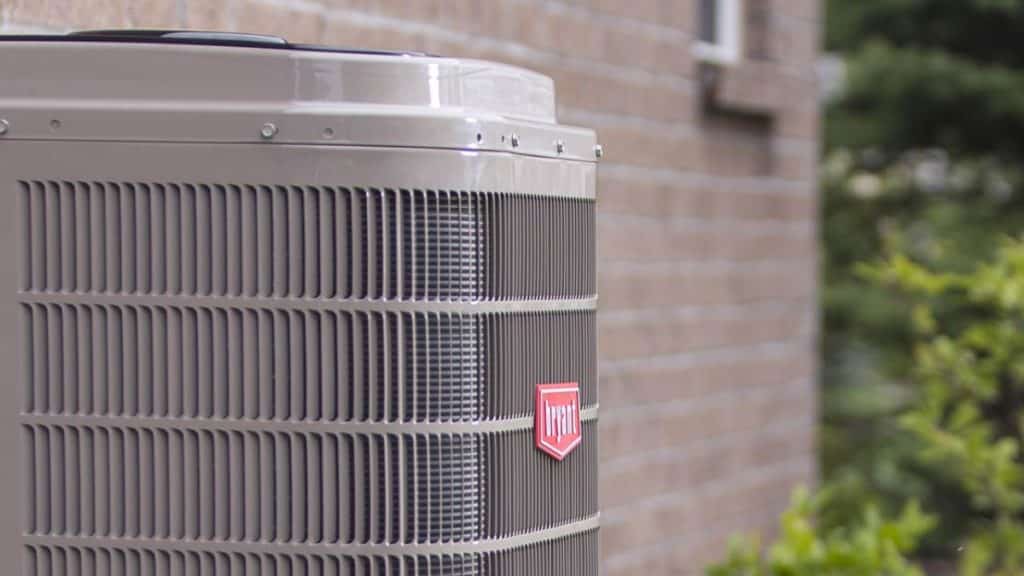Florida’s commercial real estate sector has experienced unprecedented growth in recent years, attracting investors from all over the country. From bustling cities like Miami and Orlando to coastal hubs like Tampa, businesses are flocking to the Sunshine State for expansion and new developments. While location and infrastructure are crucial factors, one element that often goes unnoticed is the critical role HVAC (Heating, Ventilation, and Air Conditioning) systems play in the success of these commercial projects.
As Florida’s hot and humid climate requires year-round cooling, efficient and advanced HVAC systems are indispensable for commercial real estate. These systems not only enhance comfort but also impact energy consumption, tenant satisfaction, and long-term operational costs. This blog delves into how HVAC systems are contributing to Florida’s commercial real estate boom.
2. The Growth of Florida’s Commercial Real Estate Market
Florida’s commercial real estate market has experienced a remarkable upswing, driven by factors such as business-friendly policies, population growth, and booming tourism. Major cities like Miami have become global business hubs, attracting corporations, startups, and investors seeking strategic locations with access to diverse talent pools. Orlando and Tampa also stand out as key centers for technology and hospitality industries, further boosting the commercial real estate demand.
Based on an hvac company, alongside this growth, the need for energy-efficient infrastructure is becoming more pronounced. Commercial buildings, from office towers to shopping malls, must integrate sustainable and cost-effective systems to accommodate rising energy prices and environmental concerns. HVAC systems play a pivotal role in this regard, shaping the design and operation of Florida’s commercial spaces.
3. Challenges of Florida’s Climate for Commercial Spaces
Florida’s tropical climate, characterized by high temperatures and humidity levels, presents unique challenges for commercial real estate. Maintaining comfortable indoor conditions is a priority for businesses, as extreme heat can directly affect employee productivity, tenant satisfaction, and customer experience. Consequently, HVAC systems are indispensable in regulating indoor environments, ensuring that businesses can operate smoothly in Florida’s challenging climate.
However, the cooling needs of commercial spaces come with high energy demands. The state’s heat puts a strain on conventional HVAC systems, leading to increased energy consumption and higher utility costs. To tackle this issue, Florida’s real estate developers are turning to more energy-efficient HVAC technologies to mitigate costs and reduce environmental impact.
4. The Role of HVAC Systems in Modern Commercial Buildings
In today’s commercial real estate landscape, HVAC systems do more than just cool the air. They are integral to the overall building ecosystem, influencing not only the physical comfort of occupants but also their well-being and productivity. For businesses leasing office spaces, a well-functioning HVAC system can directly impact employee performance and tenant retention.
Moreover, modern commercial buildings often need to meet stringent building codes and standards. Florida, in particular, has regulations in place that ensure commercial properties adhere to energy efficiency and environmental sustainability goals. HVAC systems that meet these standards not only comply with state regulations but also increase the appeal of properties to potential tenants who prioritize sustainability in their business practices.
5. Technological Innovations in HVAC for Commercial Buildings
As demand for efficient cooling systems grows, the HVAC industry is witnessing significant technological advancements that align with the needs of modern commercial real estate. One key innovation is the rise of smart HVAC systems that use Internet of Things (IoT) technology to monitor and optimize building environments. These systems adjust temperatures, airflow, and energy consumption based on real-time data, offering greater control and reducing energy waste.
Another innovation shaping Florida’s commercial real estate is Variable Refrigerant Flow (VRF) systems, which allow precise temperature control in different zones of a building. This flexibility is especially beneficial in large commercial spaces with varied occupancy levels and usage patterns. Additionally, HVAC systems powered by renewable energy sources, such as solar panels, are becoming more prevalent, offering eco-friendly solutions to businesses that prioritize sustainability.
6. The Economic Impact of HVAC in Florida’s Real Estate Boom
For commercial property developers and owners, investing in modern HVAC systems offers substantial long-term benefits. While the initial installation costs of advanced systems may be higher, the return on investment (ROI) is significant due to energy savings, reduced maintenance costs, and higher tenant satisfaction. Efficient HVAC systems also help commercial buildings attract more tenants, as businesses are increasingly looking for spaces that can accommodate their energy-conscious strategies.
Moreover, an efficient HVAC system can elevate the overall value of a commercial property. Buildings equipped with energy-efficient systems not only lower operating costs but also meet the growing demand for green buildings. In Florida’s competitive real estate market, such features make properties stand out to investors and potential buyers who seek long-term value.
7. Conclusion
The role of HVAC systems in Florida’s commercial real estate boom cannot be overstated. As the state continues to attract businesses and investors, the demand for efficient, reliable, and sustainable cooling solutions will only grow. HVAC systems are no longer just a utility but a key component in creating functional, energy-efficient, and attractive commercial spaces.
Looking ahead, the integration of smart technologies, energy-efficient designs, and sustainable practices will continue to shape the HVAC industry. Florida’s commercial real estate developers have a unique opportunity to embrace these innovations, ensuring their properties remain competitive and adaptable to the future needs of tenants and businesses. By prioritizing advanced HVAC systems, they can play a vital role in sustaining Florida’s real estate boom.
